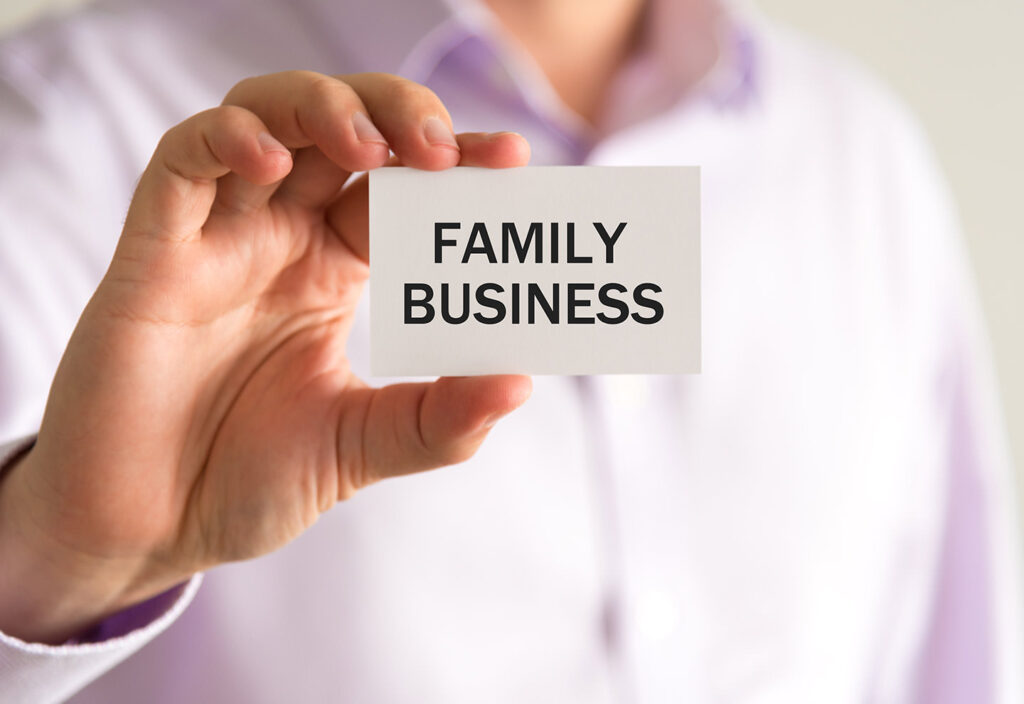With the ongoing Coronavirus pandemic problem, people are staying at home and looking for other ways to augment their income. One of the most popular ways is selling online that’s why websites like Shoppok.com are getting more and more popular with new users as people are trying to build online personal enterprise.
A few years ago, family-owned enterprises are not that really popular but now these small types of businesses are getting a bigger market share. This type of organization currently makes up 57.1% of the GDP of the private sector, according to data from the U.S. Bureau of the Census.
In the US today, according to the U.S. Bureau of the Census, about ninety percent of American companies are family-owned or controlled. These businesses are cognized as significant contributors and players to the world economy.
Key elements that make up the family business
The basic concept by which such institutions are governed is based on the ownership of the company, which must be acquired by 50% by one or more clan members (regardless of whether or not they perform any job or not within it).
In addition, management positions are usually held by one of the kinship members, taking into account the importance of the succession of the family enterprise to a second generation.
Therefore, it is important to ensure that knowledge and skills are correct when a change of leadership arises. That is, regardless of this, the goal of survival overtime is common in all these organizations; the enterprise vision is shared by all of its members.
Pros of the Family Business

Like any business organization, the pursuit of economic profitability is the main reason for its creation and maintenance over time. The mission and strategic vision of the business must be very well defined and all members must be involved in them.
- One of the main advantages of a family business is its own culture, in terms of feelings of unity and identification with the values of the company, commitment, and passion for achieving the common objective for which they are driven.
- There is greater complicity among the members of the company by knowing firsthand the values of the entity and the personality of the people who are in charge, and those in lower positions. Likewise, there is trust among all, and that is noticeable when it comes to truth, and many times also in the results.
- The household members who make up the company will be willing to give more of themselves and make sacrifices if necessary because an asset of the clan that has been able to pass from previous generations is at stake. I mean, everyone tends to do their best without the need for something in return.
- There is often a common view among members: ensuring the success of the company. For this reason, there are often no further inconveniences in reinvesting profits and generating long-term development plans.
- Normally the one at the head of such companies is the owner, a clan member who is probably very confident. Hence he does not go to doubt his decisions, he is left free of movement and the internal bureaucracy is greatly accelerated.
- There is greater job stability for employees and management, as in these types of companies friendships are developed that make it difficult to seek profitability based on affecting the base employees.
- With capital in the hands of the family, there is much less chance that people intending to distort and prostitute the essence of the company may enter the board of directors.
- The work environment is usually very good, as it is common to come up with a picture of companionship and respect.
- They are usually companies that have a reputation, as they usually have been on the market for some time. Customers trust them, and much of this success is simply because the clan has stayed together at the helm.
- There are tax benefits for family enterprises.
Cons of the Family Business

- In contrast, there are several disadvantages that have an impact on such corporations both economically and emotionally. First, the trend towards self-financing is one of the basic pillars on which they are based, which induces several problems of profitability and sustainability of the company in the long term.
- In such enterprises, there is often the problem of financing, as members often tend to resort too much to self-financing. A resource that is positive, but which can lead to problems in the future.
- While the atmosphere is usually very good no less true is that in case of relationship problems, the situation can be very murky, even with members trying to put tares, with irreconcilable differences in management, and much more. There are usually no differences between private and professional life, and from there these problems often arise.
- Many times the members of the company are there because they are who they are and not for their worth. This means that in many of these business organizations, in many cases, there is very little training and experience among its members. In addition to that in the case of vacancies, there is a tendency to give preference to family members over other employees or external staff.
- There is also the possibility that heirs may not want to continue with the business, or even that they are not prepared for it. In these situations the management can be ordered from a professional manager; but of course, you lose control and it’s no longer the same.
- There may be problems in raising positions of responsibility, the management organization chart, or succession on the board of directors (if any).
- In addition, the absence of qualified and competent successors in their field of work may arise from numerous disputes when making a change of direction. It is therefore recommended that the succession be started ten years earlier.
In Conclusion

Knowing how to distinguish very well between subsystems within the family business, in terms of separating strategic and operational functions from the emotional part, is essential. Therefore, the relationship between the two must be managed to ensure the success of the relationship in all areas of the organization.
A family business always starts with small capital or started with just one family member. A good example is an online eCommerce store where one can start by just selling products through free platforms like Shoppok.com. Once successful, one can then upscale based on his market, niche, and available capital.

